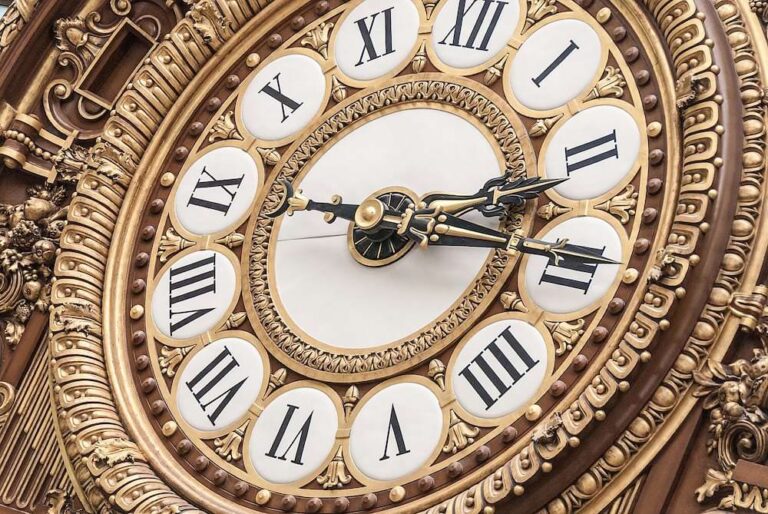Grammar: Plus-Que-Parfait
Understanding the French Plus-Que-Parfait Verb Tense: Actions in the Past Before Another Past Action
In French grammar, there’s a tense called the plus-que-parfait that helps us talk about actions that happened before another past action. It adds depth to our storytelling and gives a clearer picture of the sequence of events.
“Plus-que-parfait” literally means “more than perfect.” It means “more than past,” which refers to a time that is further back in time than the Imperfect tense or the Passé Composé tense.
Formation
To form the plus-que-parfait, we need two things: the auxiliary verbs “avoir” (to have) or “être” (to be) in the imperfect tense, and the past participle of the main verb. Here are examples using the verbs “parler” (to speak) and “arriver” (to arrive):
- J’avais parlé (I had spoken)
- Tu avais parlé (You had spoken)
- Il/elle avait parlé (He/she had spoken)
- Nous avions parlé (We had spoken)
- Vous aviez parlé (You had spoken)
- Ils/elles avaient parlé (They had spoken)
- J’étais arrivé(e) (I had arrived)
- Tu étais arrivé(e) (You had arrived)
- Il/elle était arrivé(e) (He/she had arrived)
- Nous étions arrivé(e)s (We had arrived)
- Vous étiez arrivé(e)(s) (You had arrived)
- Ils/elles étaient arrivé(e)s (They had arrived)
Notice how we use the imperfect forms of “avoir” and “être,” followed by the past participles “parlé” and “arrivé.” This pattern applies to most verbs in the plus-que-parfait tense, depending on whether we use “avoir” or “être” as the auxiliary verb.
Usage with Imperfect and Passé Composé
The plus-que-parfait helps us talk about actions that happened before another past action, creating a chronological order. For example:
“Il était déjà midi lorsque nous sommes arrivés à la tour Eiffel. Nous avions visité le musée du Louvre plus tôt dans la matinée.” (It was already noon when we arrived at the Eiffel Tower. We had visited the Louvre Museum earlier in the morning.)
In this example, the plus-que-parfait tells us that the visit to the Louvre happened before the arrival at the Eiffel Tower. It helps us understand the sequence of events.
Remember that the plus-que-parfait is used alongside another past tense like the passé composé or the imperfect to show the relationship between past actions. This combination of tenses makes our account clearer and more coherent.
Usage with Past Conditional
We can also use the plus-que-parfait to talk about hypothetical or unrealized actions in the past. For example:
“Si j’avais su, j’aurais pris un parapluie.” (If I had known, I would have taken an umbrella.)
In this case, the plus-que-parfait expresses a situation that didn’t happen in the past because the person didn’t know something.






